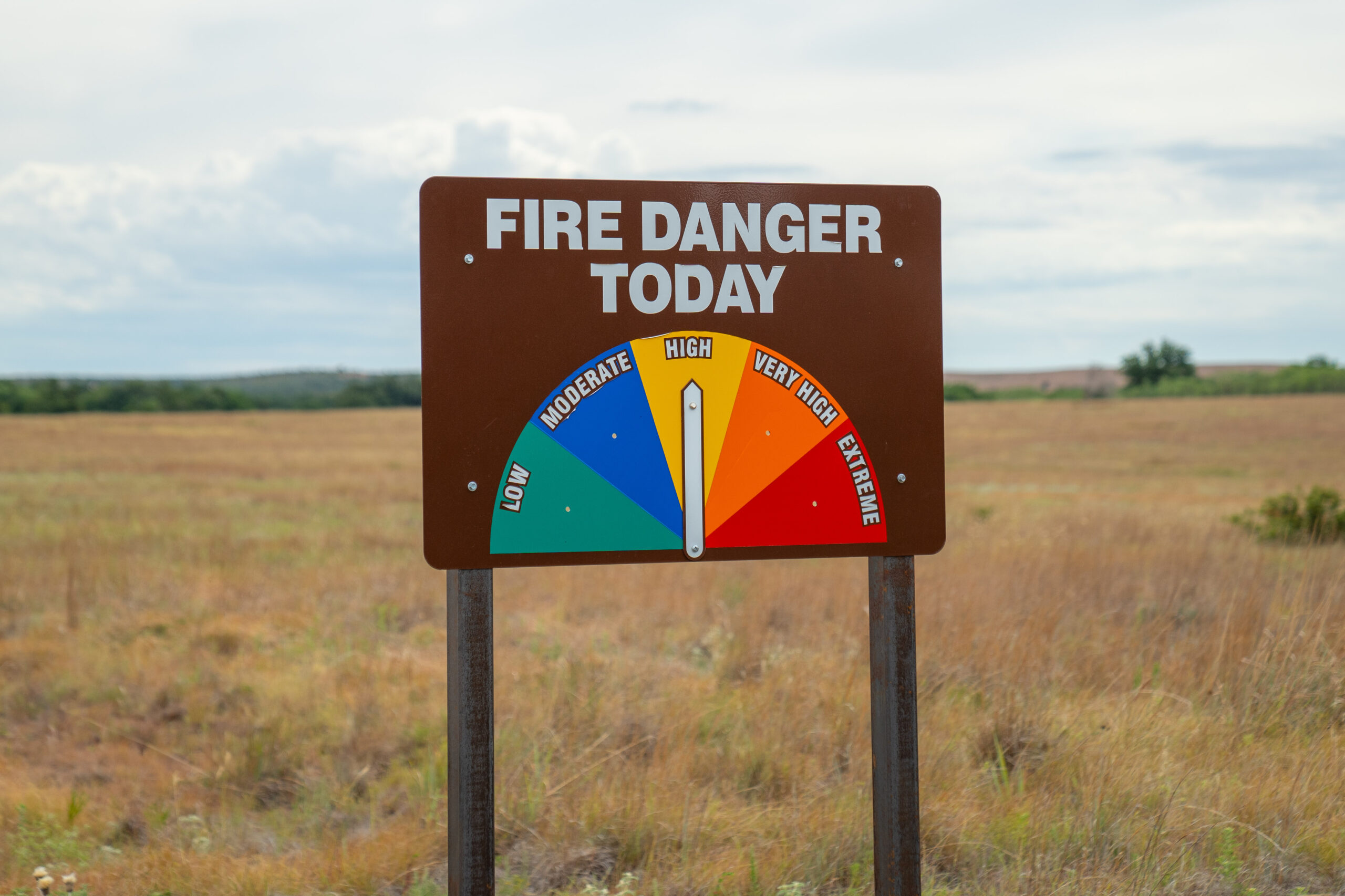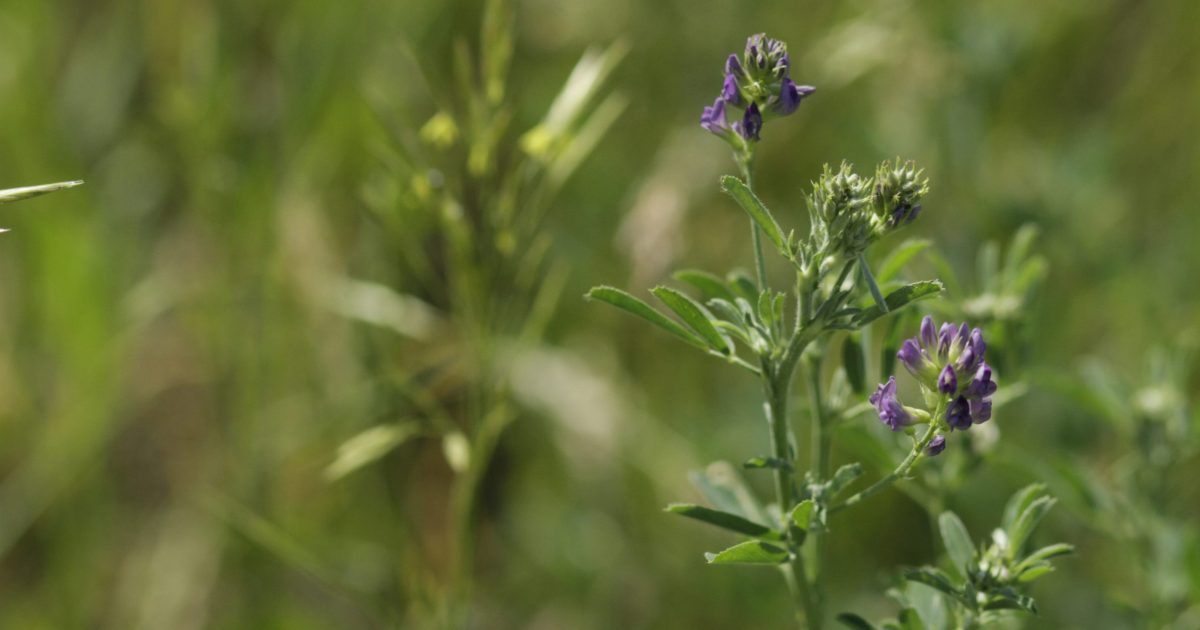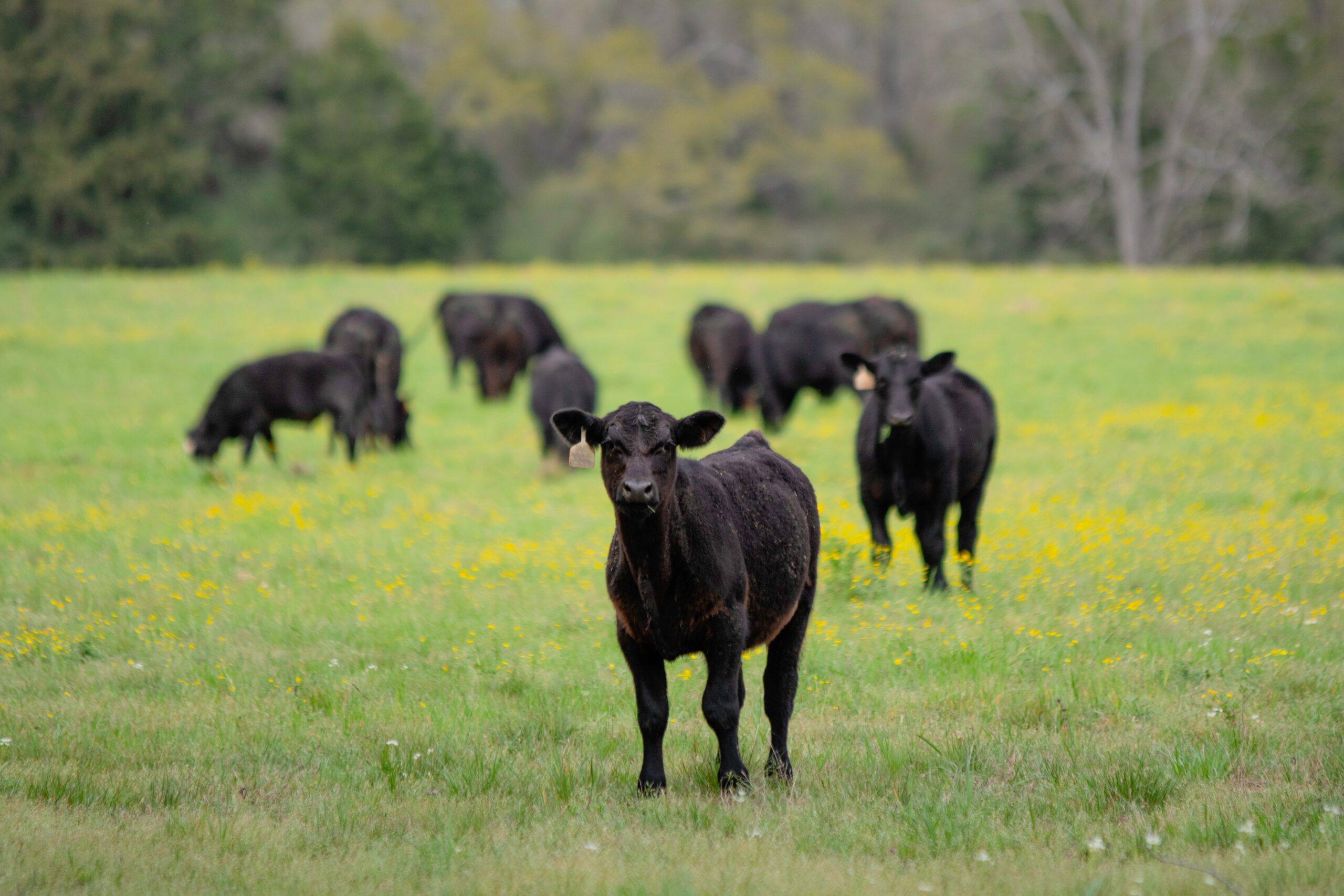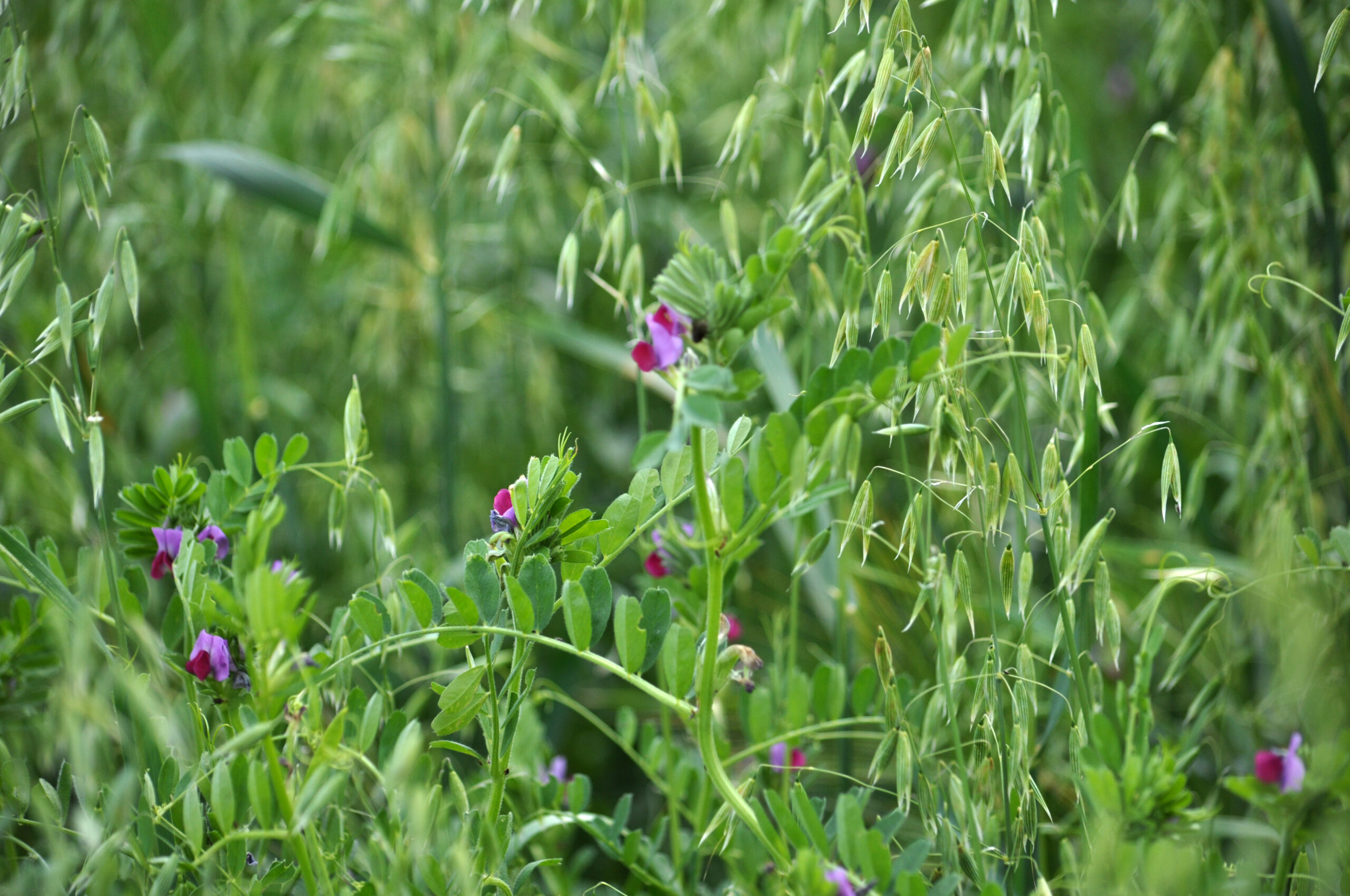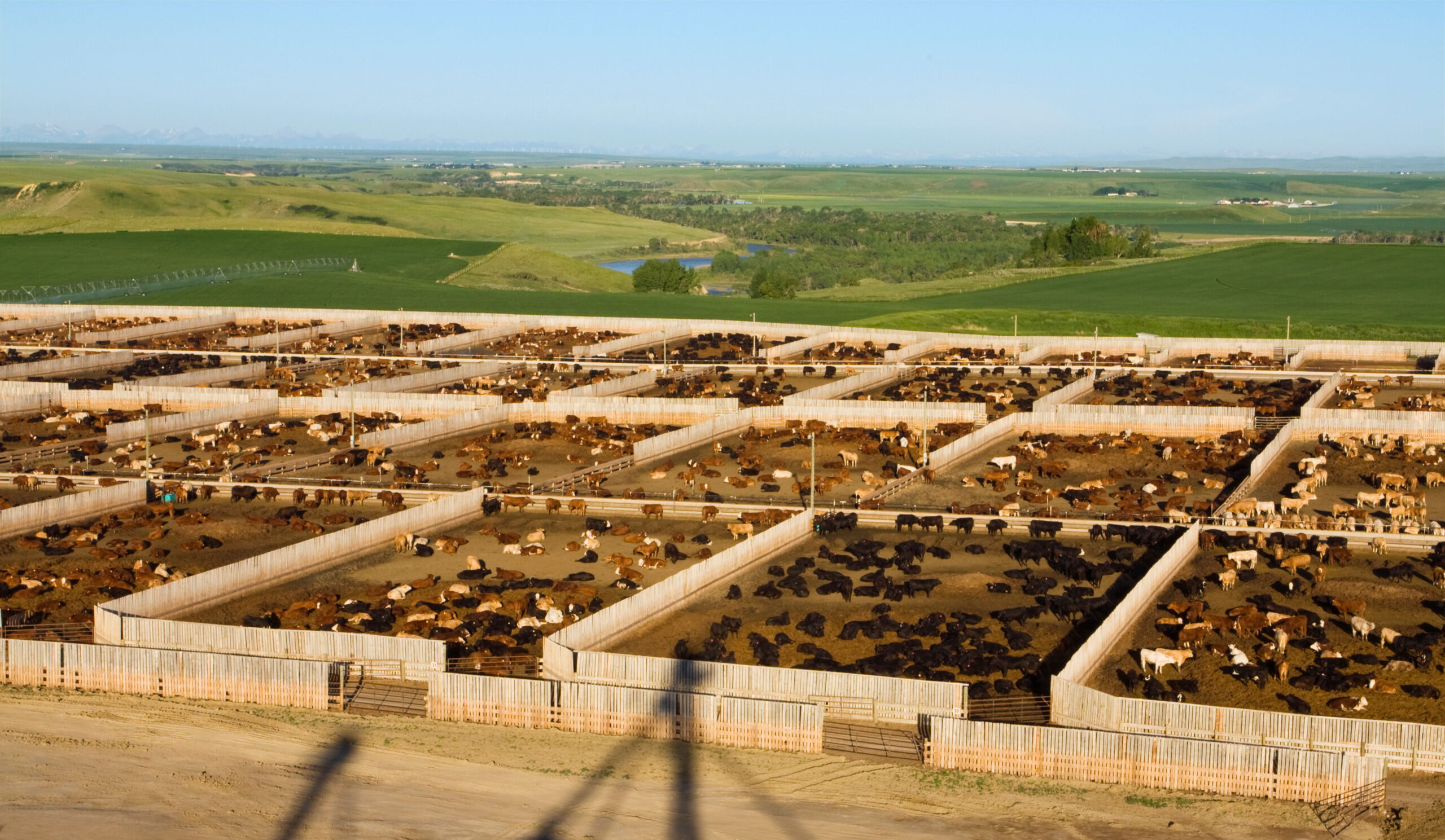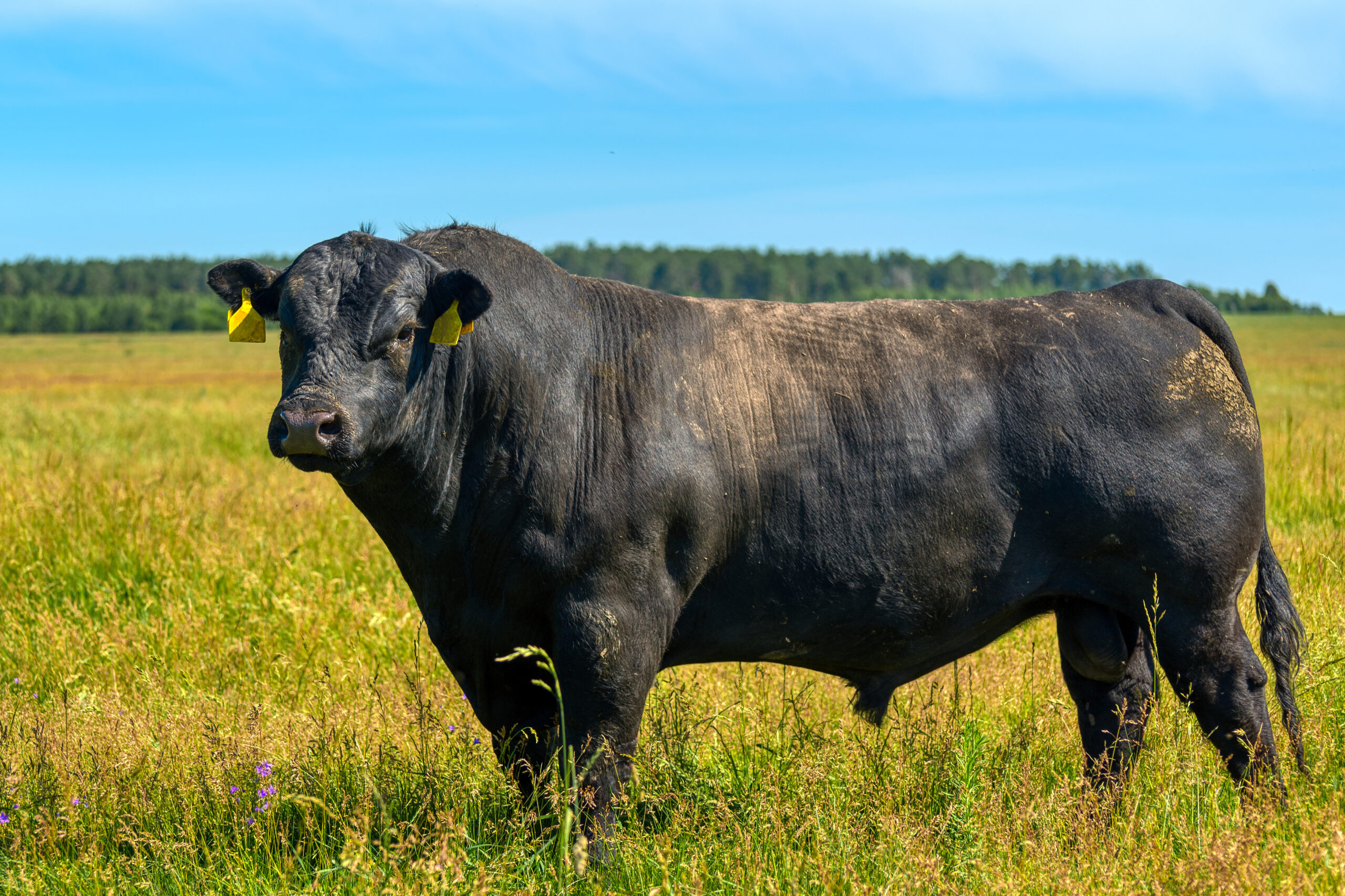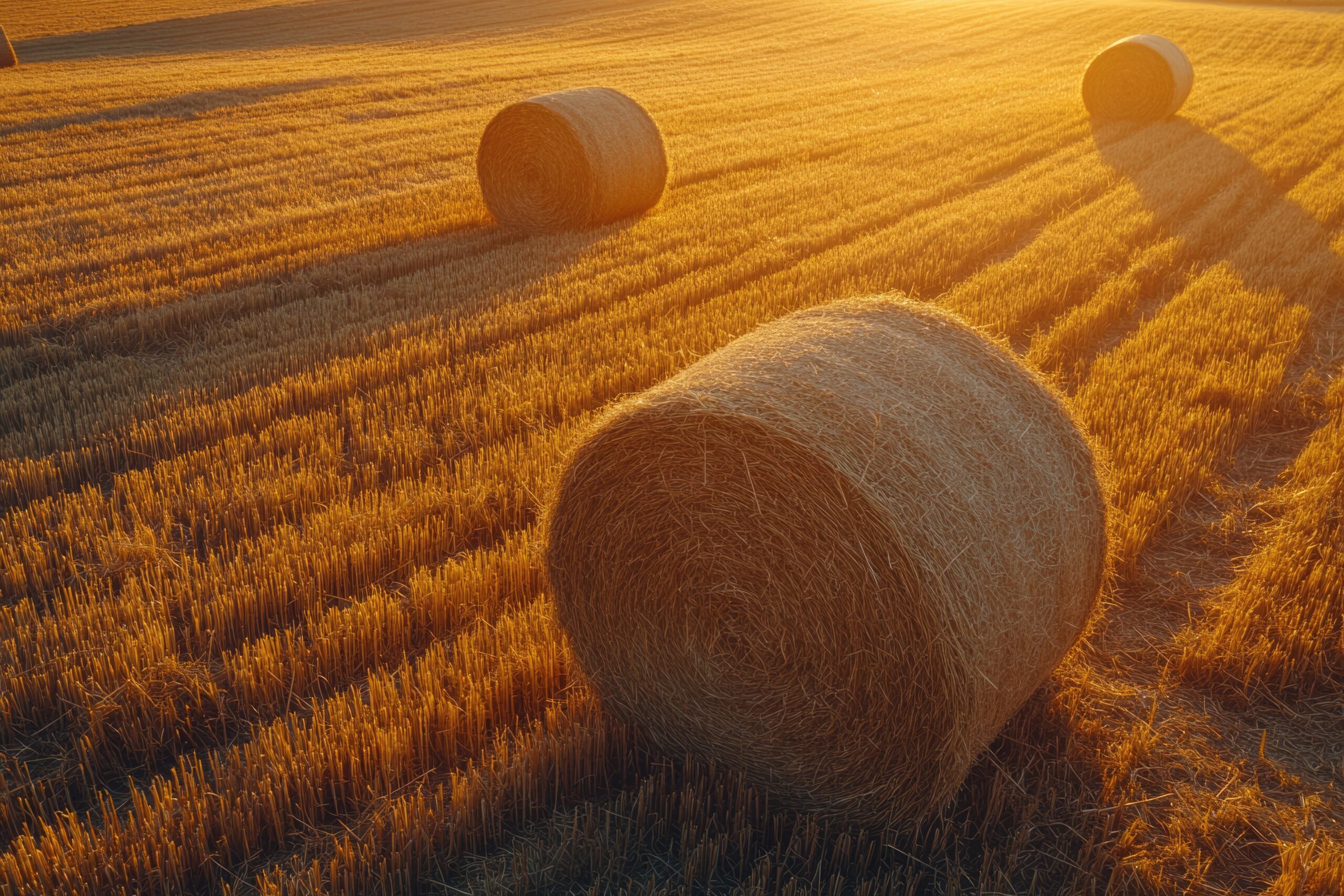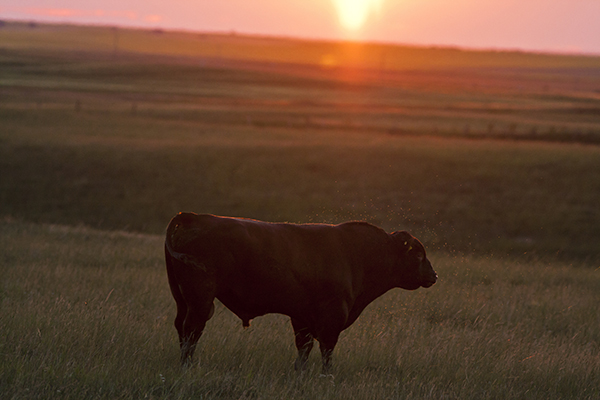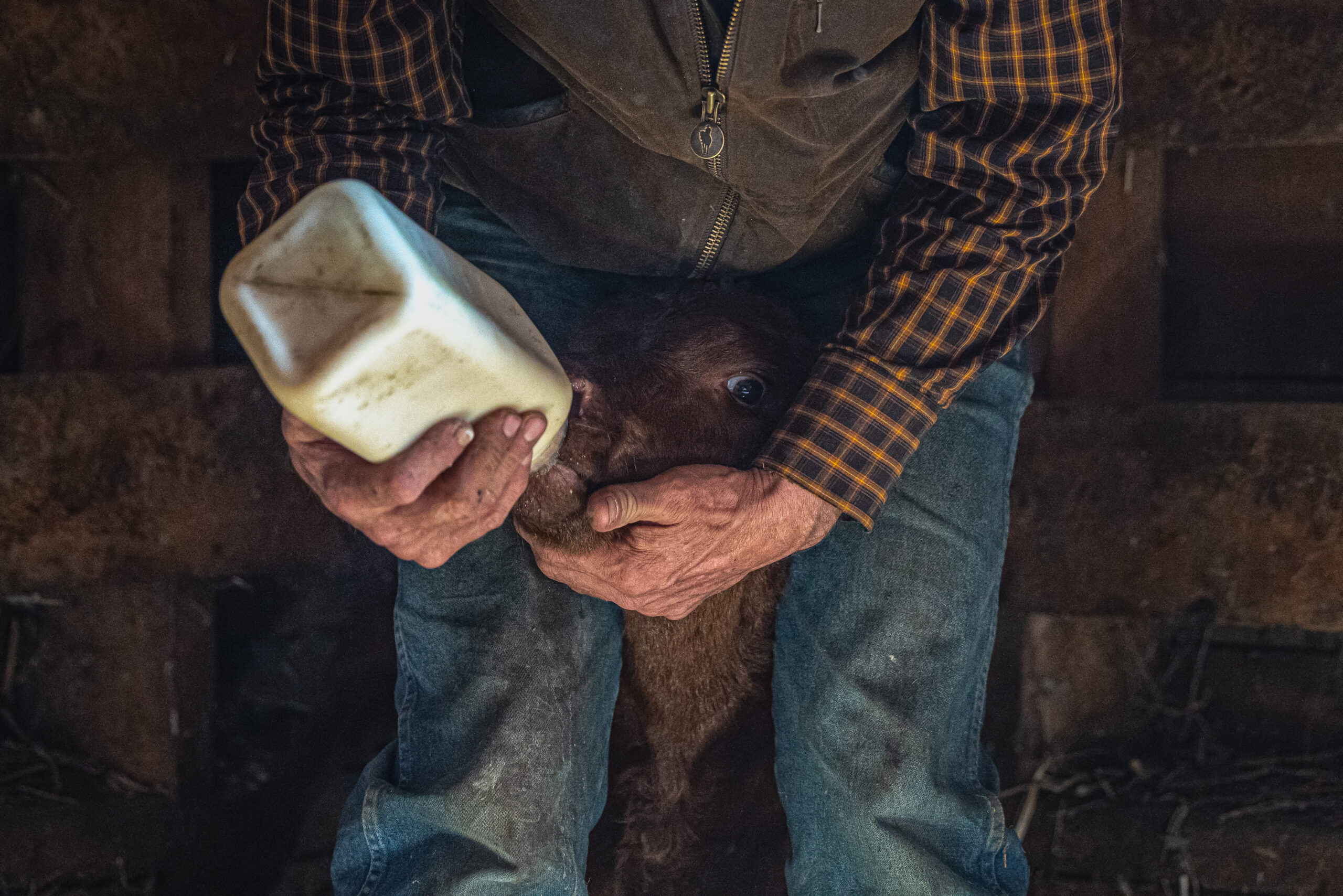AB Direct - Steers
Rail: 496.00-500.00 del
AB Direct - Heifers
Rail: 496.00-500.00 del
US Trade- Steers
Rail: 368.00-370.00 (IA, NE)
US Trade - Heifers
Rail: 368.00-370.00 (IA, NE)
Canadian Dollar
0.22
Shape the future of beef research in Canada
The Beef Cattle Research Council (BCRC) is calling on cattle producers and industry participants to share their insights on key issues affecting the sustainability and competitiveness of the Canadian beef industry. By participating in a brief 14-question survey, you can help steer the direction of research and knowledge mobilization efforts for the next five years….
Travel safe: Stop foot and mouth disease at the gate
As summer approaches, many Canadians begin planning vacations and welcoming visitors to their farms. With increased travel and farm traffic, everyone —both those working on and visiting farms— are part of keeping Canada free of foreign animal disease such as Foot and Mouth Disease (FMD). For beef cattle producers, travelling safe involves knowing key information before returning to…
The role of soil microbes in forage growth
What if the secret to better beef starts underground? In this Episode of The Bovine Podcast, host Kara Mastel sits down with Dr. Jonathan Bennett, associate professor of Plant Ecology at the University of Saskatchewan, to explore the complex, unseen world of soil microbiomes and how they are reshaping the future of beef and forage…
Selecting replacement heifers: Boosting longevity and return on investment
Whether beef cattle producers retain females from within their own herd or purchase them, replacement heifers come at a cost and are an investment into the future herd. Selecting the right animals and proper management is necessary to meet on-farm goals and improve the longevity of heifers as future breeding cows. A recent analysis of 63 farms…
Spring Grazing: Timing and strategy for healthy pastures
Is your pasture really ready for cattle? Spring grazing is much more than a simple seasonal shift—it’s a strategic decision that can make or break the health of your pasture, the well-being of your herd, and your bottom line. In Episode 8 of The Bovine, brought to you by Alberta Beef Producers, host Kara Mastel…
Polycrops: Challenges, triumphs, and valuable lessons from beef producers
This article was originally posted on the Beef Cattle Research Council’s website. Polycrop forage blends have become a popular tool among beef producers to increase soil health, manage grazing, improve cow performance and enhance resilience to changing weather conditions. However, as with any farming practice, the results can vary based on location, weather and management…
Keep calves healthy to help prevent histophilosis
Diseases caused by the bacteria called Histophilus somni are a silent killer increasing in occurrence in Alberta feedlots. Prevention through good animal husbandry is the first line of defense, both on the ranch and in the feedlot. Some feedlots in Alberta have seen a rising number of deaths caused by histophilosis in recent years. “Histophilosis…
What you need to know about bovine tuberculosis investigations
In late November 2024, a six-year-old cow infected with bovine tuberculosis (bTB) was detected at slaughter. This animal was traced back to a premise in Saskatchewan, where more positive animals were detected. As part of rigorous eradication protocols, a thorough disease investigation must occur to maintain Canada’s current international trade opportunities. Updates on the current…
Beyond the Bull Catalogue: What every rancher needs to know
As we dive into bull sale season, cattle producers face a critical question: how do you find the right herd bull to meet your operation’s goals? In Season 3, Episode 3, of The Bovine podcast, brought to you by Alberta Beef Producers, host Kara Mastel is joined by Dr. Carling Matejka, a veterinarian with Veterinary…
Over winter hay storage losses
ABP is excited to feature the writings of Barry Yaremcio, ruminant nutritionist and production management consultant. Barry is a trusted voice in cattle nutrition and forage production, operating Yaremcio Ag Consulting Ltd. This article was originally published on his BYOB Blog, which can be found on his website. When hay is carried over the winter, bales lose weight…
Moderation is key: Tips for identifying a balanced herd bull
Weaning weights, crop yields, pie à la mode… bigger is always better, right?! It’s an easy decision when pie is involved, but the answer to everything else is a resounding “maybe.” Annual reports from the Canadian Cow-Calf Cost of Production Network and a recent article from the Beef Cattle Research Council (Big Cows and Big…
Tips for managing colostrum to ensure healthy newborn calves
This article was originally posted on the Beef Cattle Research Council’s website. Calves born unassisted and uncompromised will typically stand and nurse from their mothers within one to two hours after birth. However, calves that experience a difficult or prolonged birth, have a swollen tongue, experience hypothermia or are a twin may be less vigorous…


